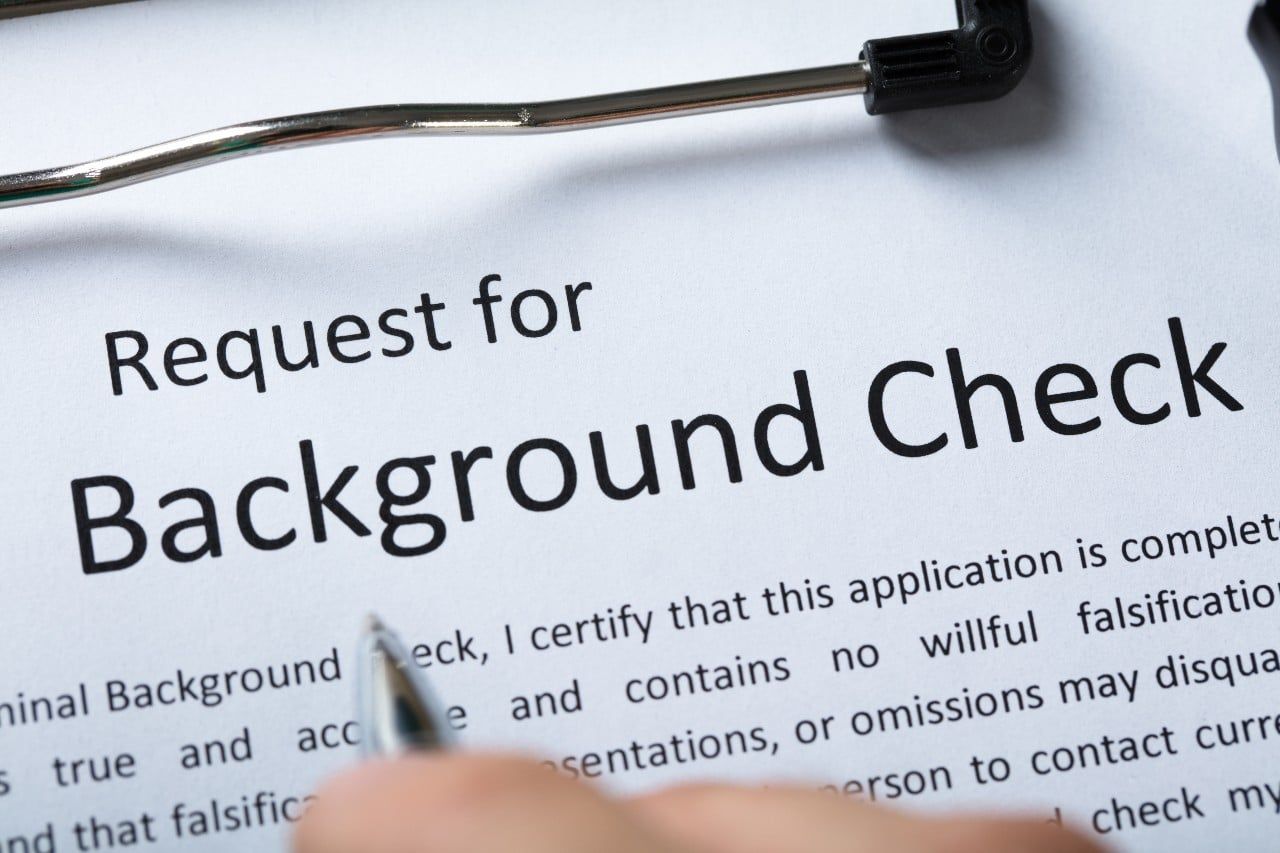 Quicken Loans sent text messages to consumers which violate federal law, according to a recent class action against the lender.
Quicken Loans sent text messages to consumers which violate federal law, according to a recent class action against the lender.
Plaintiff Carrie Tucker allegedly received several unsolicited text messages on her personal cell phone, advertising services from the lender and including links to the lender’s website.
The Quicken Loans class action states that the text messages were sent from a “short code” telephone number which indicates that the company used an automatic dialing system to send them.
“Defendant transmitted the text messages at issue in this case to Plaintiff and all other putative class members in an automated fashion and without human intervention, with hardware and software that received and stored lists of telephone numbers and which then dialed such numbers automatically,” the Quicken Loans class action claims.
The Quicken Loans text message class action states that other consumers have taken to social media websites such as Twitter to voice their similar experiences.
Tucker argues that she and other consumers never consented to receiving text messages from Quicken Loans and that the unsolicited texts are in violation of the Telephone Consumer Protection Act.
The Telephone Consumer Protection Act (TCPA) was enacted by Congress in 1991 to protect American consumers from harassing telemarketing calls. The federal law has since been expanded to include harassing text messages and junk faxes.
A variety of harassing behaviors are prohibited under the TCPA, including:
- Placing robocalls using an automatic dialing machine and/or a prerecorded voice;
- Sending unsolicited telemarketing text messages;
- Calling or texting parties who never had a business relationship with the company;
- Calling outside the hours of 8 a.m. to 9 p.m.;
- Failing to identify the party that is calling;
- Failing to provide an opt-out option for consumers in a call or text message;
- Calling numbers on the National Do Not Call Registry or company Do Not Call lists;
- Sending unsolicited advertisements via fax machines (junk faxes);
- And more.
If companies are found to be in violation of the TCPA, consumers may be able to file a lawsuit against them and cover between $500 and $1,500 per violation of the federal law. Up to $500 is available if TCPA violations were negligent while a higher payout of up to $1,500 is available for willful violations.
Tucker seeks to represent a Class of consumers who received unsolicited text messages advertising goods and services from Quicken Loans since Jan. 3, 2015, despite having not consented to the texts.
According to Tucker’s Quicken Loans class action lawsuit, the proposed Class could include “hundreds of thousands” of individuals across the United States.
The Quicken Loans TCPA class action lawsuit seeks statutory damages of $500 for negligent violations, statutory damages of $1,500 for willful or knowing violations, injunctive relief, court costs, and attorneys’ fees.
Tucker and the proposed Class are represented by Scott I. Palumbo of Palumbo Wolfe & Palumbo PC and Frank Hedin of Hedin Hall LLP.
The Quicken Loans TCPA Class Action Lawsuit is Tucker v. Quicken Loans Inc., Case No. 2:19-cv-00017-DJH, in the U.S. District Court for the District of Arizona.
Join a Free TCPA Class Action Lawsuit Investigation
If you were contacted on your cell phone by a company via an unsolicited text message (text spam) or prerecorded voice message (robocall), you may be eligible for compensation under the Telephone Consumer Protection Act.
GET A FREE CASE EVALUATION NOW
ATTORNEY ADVERTISING
Top Class Actions is a Proud Member of the American Bar Association
LEGAL INFORMATION IS NOT LEGAL ADVICE
Top Class Actions Legal Statement
©2008 – 2025 Top Class Actions® LLC
Various Trademarks held by their respective owners
This website is not intended for viewing or usage by European Union citizens.















22 thoughts onQuicken Loans Class Action Says Marketing Texts Violate TCPA
I have received several unwanted calls from Quicken Loans. nd Liberty Mutual Insurance please count me in
Add Me Please